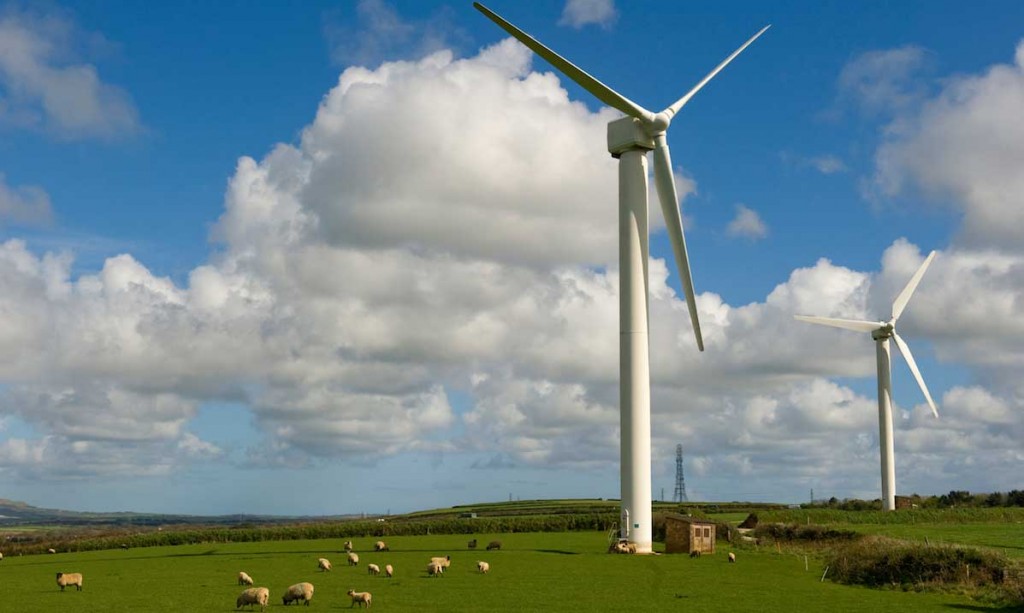
Mike Rowe is a consultant in our renewable energy team, and he comments on the latest renewable energy news from the government.
Colour blindness is my personal take on the apparent shift in government policy from the ‘greenest government ever’ to one that has recently begun slashing support for renewable energy. When the Governor of the Bank of England states that climate change is one of the biggest challenges facing the long term health of the economy it does leave you asking why the government has developed colour blindness in respect of green issues.
Energy and climate change does remain high on the international agenda, however, with the United Nations Climate Change Conference taking place in Paris in December, where the objective is to agree collective action to reduce greenhouse gas emissions.
The 2014 Conference in Copenhagen was a damp squib with no agreements reached as the developed nations fell out with emerging nations. But the outlook for 2015 is more encouraging, with China stating its energy future lies in renewables and President Obama’s Clean Power Plan to cut greenhouse gas emissions from power stations by 33%.
This high level stuff is all well and good but what does it mean at an individual business level?
Renewable energy has been an attractive option for farmers: investing in technologies that reduce their costs, providing a degree of energy security and generating a financial return to offset lower commodity prices. But government policy changes look like choking many of these benefits off.
Crucially though it is really important to be aware that energy prices are at a low point in their cycle. An upward move in energy prices seems unavoidable.
It is important therefore that while energy prices are low businesses try to invest in measures to reduce consumption. I am yet to meet a business that has regretted making the right long term strategic investment during a period of short term crisis.
Some low cost investments can collectively have a real impact. If not already done I would urge all businesses to look at installing LED lighting – retrofit options are available that reduce energy consumption by up to 90%.
An option that often gets overlooked is installing a smart meter and actively managing your consumption. You will be surprised what energy saving measures you implement as a result.
So my message to farmers would be: don’t give up on renewable energy. The South West has always played a proud part in the green and renewable agenda – the wind farm at Delabole in Cornwall for example was the first to be built in the UK. I am convinced that there is a sustainable long term future for it beyond short term government policy fluctuations.
Meanwhile, reviewing the energy usage of your own business could lead to noticeable savings – which would brighten the outlook a little in itself.
